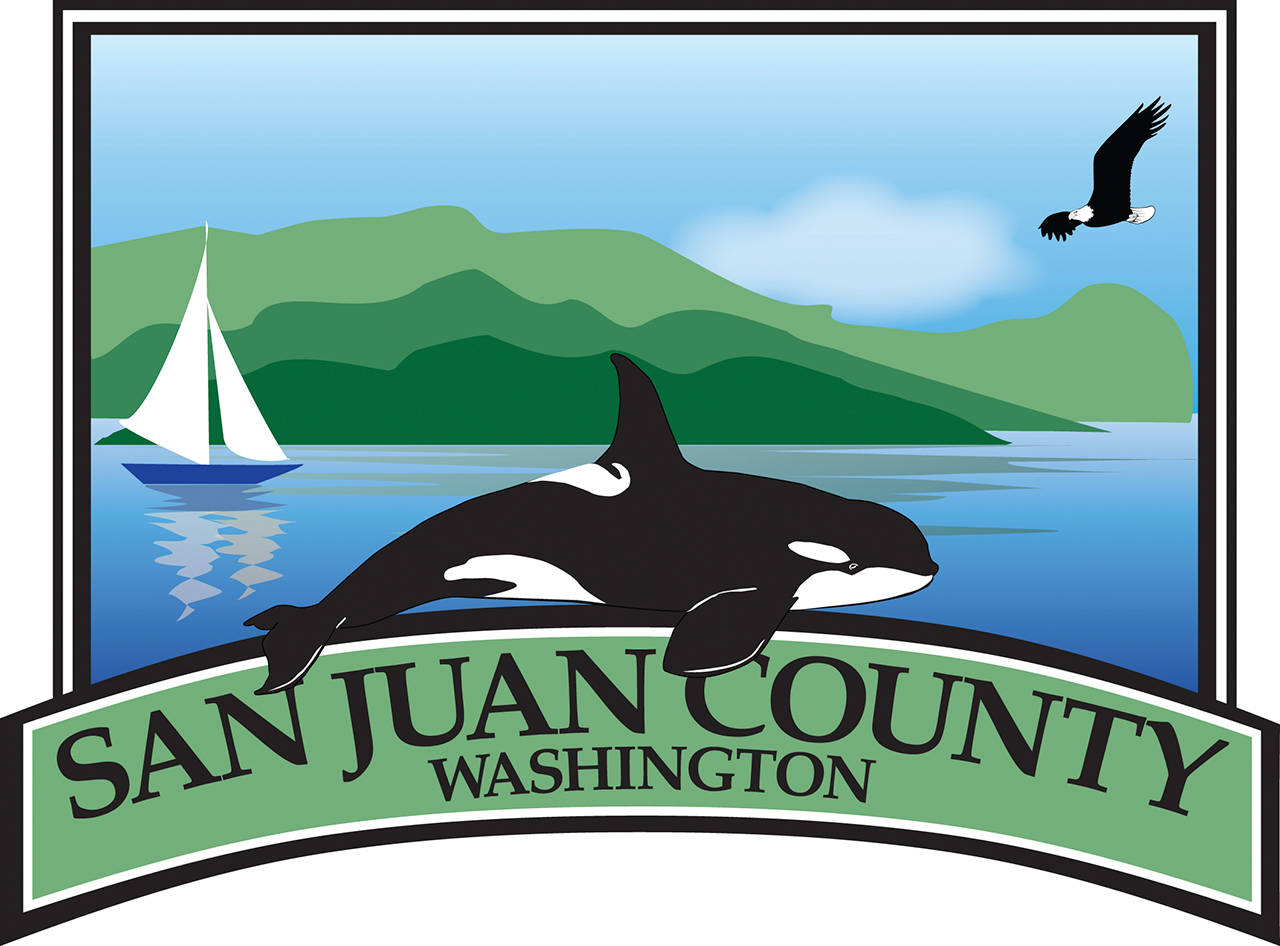Oversight on lodging for travelers in residential San Juan County has just become more strict, for both new and current vacation rental permit owners.
A 2-1 vote at the March 13 county council meeting approved rules that include increasing safety measures and curbing nuisance complaints on issues like noise levels and trash removal.
All permits owners will also have to prove their compliance with the conditions of their permit and the fire code, annually. Current permit owners must comply by Dec. 31. This will ensure safety, said Shook, though it could possibly double as a way to track currently used vacation rentals.
Current vacation rental permits don’t expire, but, under the new code, permits issued on or after March 27, 2018, will have to be renewed every two years.
Today’s permit owners also do not have to comply with the new code’s limitations on the number of parking spaces and overnight guests.
Current permit owners are required to have two parking spots for each vacation rental, but the new code mandates a parking spot for each bedroom of the rental. Today’s permit owners are also allowed to have three people per bedroom, while the new code limits guests to two per bedroom, though additional guests are allowed.
Councilman Rick Hughes voted against the measure because he said he wanted to honor the legal permits owners currently have and not tack on additional rules, retroactively.
“I’m disappointed because I’ve spent a long time on this and can’t support it,” said Hughes about the ordinance.
Council Chairman Bill Watson said it was important for all permit owners, not just the new ones, to follow the updated regulations, including rules about trash removal and water conservation.
“Why wouldn’t we want those rules to affect everyone?” he asked.
Watson added that it would be more efficient for county staff to administer and enforce “a consistent set of rules for all permit owners, regardless of time.” However, he accepted the recommendation by Amy Vira, with the county prosecuting attorney’s office, to not approve regulations regarding permit expirations and limiting parking spaces and overnight guests.
Vira said adding the aforementioned three requirements in the ordinance required more information before a decision could be made by the council. She suggested that county staff look at how many current vacation rentals permits would be altered if the three aforementioned rules were put in place.
An ordinance to increase enforcement of vacation rentals was also approved, 2-1. Hughes, again, voted against the measure because he said he couldn’t support the implementation of rules he didn’t condone in the previous vote.
The updated enforcement regulations will allow county staff to charge $2,300 if they find an unpermitted vacation rental and $100 a day, thereafter. Currently, county staff charges $500 for the first 45 days of violation, which is less than most vacation rentals’ revenue, states the meeting’s staff report.
According to the staff report, 49 vacation rentals were approved in 2014, 73 in 2015, 58 in 2016 and 70 in 2017.
Regulating vacation rentals would be a way to increase the availability and affordability of local housing stock, according to the county’s strategic plan for affordable housing. The plan was approved last March, in case vacation rentals are impeding on the islands’ limited supply of affordable housing.
County reports show that vacation rentals account for 7 percent of the county’s housing stock. According to the San Juan Island Family Resource Center staff, 10 households received rental assistance from them in 2017 when the households’ long-term rentals were converted to vacation rentals. In January and February of 2018, three households also received rental assistance for the same reason. Read “Development restrictions discussed at town hall on San Juan County affordable housing” for more information on affordable housing.
Read the report on the changed vacation rental permit requirements below. The items listed under B, F and J, starting on page nine, are the regulations that will not apply to current permit owners.



